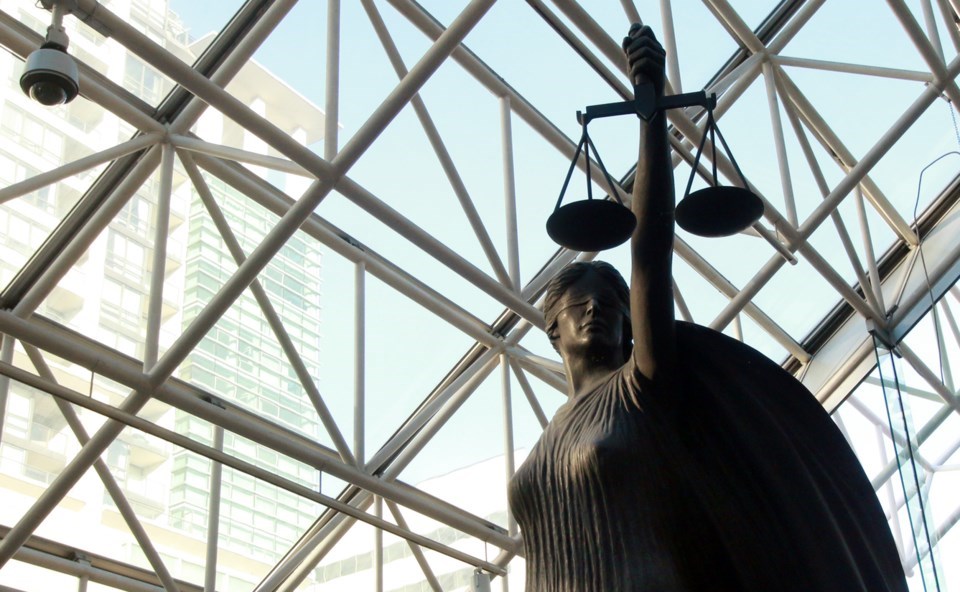A Richmond driver is getting $1.2 million in compensation after her car was rear-ended twice within four months.
The woman, a single mother of three, was first rear-ended in Surrey in April 2016 and then got hit again in Richmond in August of that year.
The accidents took place before ICBC introduced the no-fault insurance model in 2021.
Her car suffered more than $6,000 worth of damages in the first accident and around $10,000 in the second.
After years of suffering in the wake of accidents, she launched a civil suit in 2018 and took the two drivers to court at a BC Supreme Court trial in January and February of this year.
At the trial, she claimed she suffered losses as a result of her injuries, which included central sensitization syndrome, chronic fatigue, depression and anxiety.
The woman told the court she was “happy and highly functional” prior to the accidents, highly involved in her childrens’ lives and took pride in her full-time job.
Her life became “significantly limited” after the accidents and she stopped working after briefly trying to return to work in 2017.
“She spends most days resting at home, in pain, exhausted and depressed. She relies largely upon her family to care for her and her home,” reads the court judgment.
The two drivers objected to the woman’s claims, arguing her injuries were not “as severe or debilitating” as she claimed. They questioned her credibility because she “often used hyperbole when describing her symptoms” in court.
Justice Sandra Wilkinson made note of inconsistencies in the woman’s testimony, such as her claim that her condition did not improve despite an expert testifying that there was a “substantial improvement” in her pain.
She added that the woman’s symptoms for the most part were “subjective” and her diagnoses and expert opinions were based on her own reporting.
Wilkinson acknowledged that the woman has “a very expressive way” of describing her symptoms and the events, and she is affected by her frustration and depression. She ultimately decided to consider the woman’s evidence with caution.
Most experts testifying during the hearing concluded it was unlikely for the woman to fully recover from her ailments.
Wilkinson ultimately found that the woman’s quality of life was “significantly impacted” by the accidents and missed out on “being an active parent for her sons during their high school years.”
“Whatever the specific diagnoses, be it CSS, FM, or somatic disorder, the (woman) has chronic pain with heightened sensitivity and depression as a result of the accidents which significantly limit her enjoyment of life,” she wrote.
Wilkinson awarded the woman damages including $200,000 in non-pecuniary damages, $230,800 for past income loss, $650,000 for loss of future income and $161,860 for the cost of future care.
The woman also tried to claim $42,160 in special damages for a hearing test, non-prescription vitamins and medication and lawn mowing and roof cleaning expenses, but failed to provide supporting evidence.
Instead, she got $15,210.29 for substantiated and reasonable special damages, making the total $1,260,370.29.



